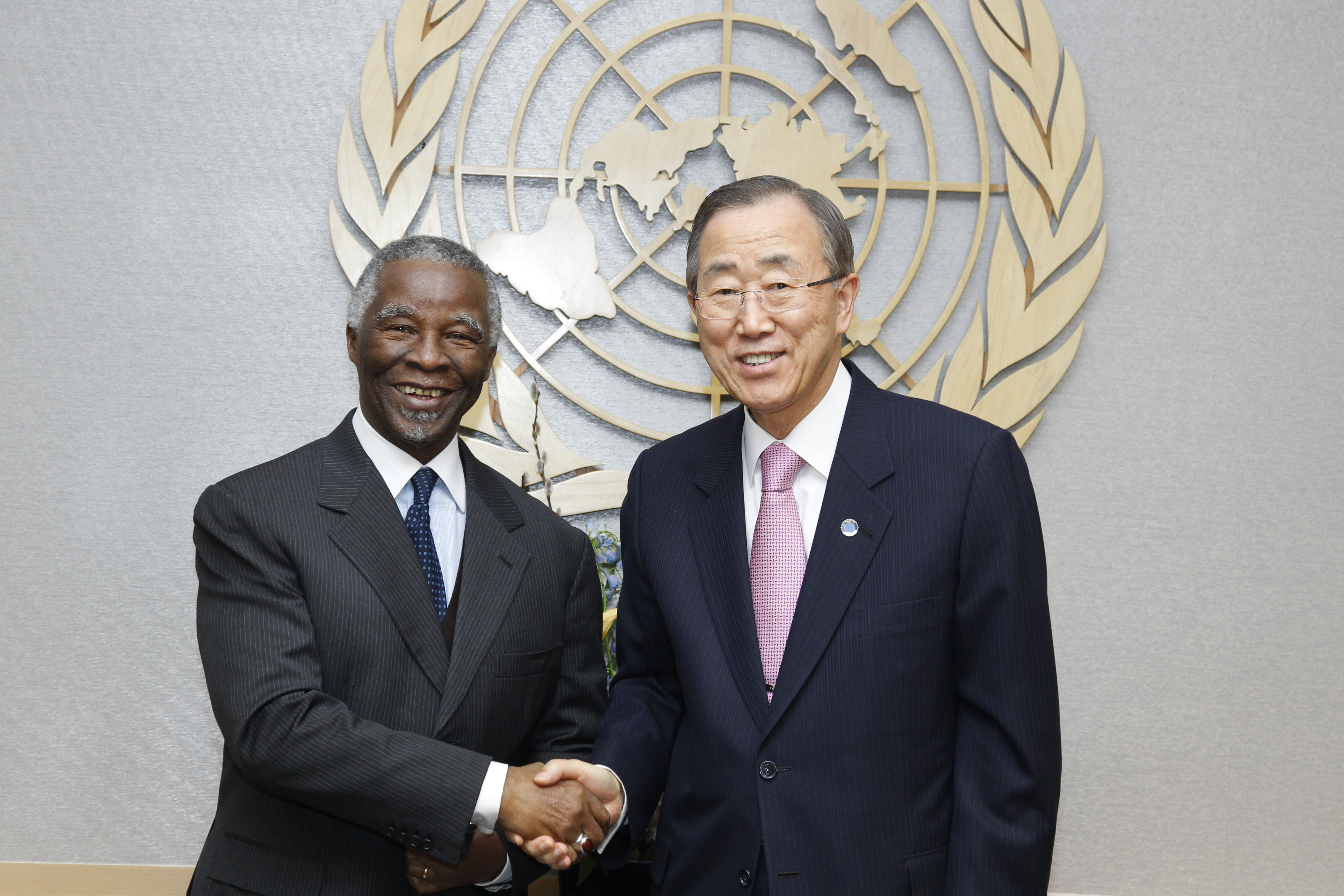
The mandate of the African Union High-Level Implementation Panel for Sudan and South Sudan, or AUHIP,expires on July 30, 2013. The renewal process and the panel’s forthcoming “final” report—surveying its work from October 2009 to the present day—present a unique opportunity to think about the future of this long struggle for peace. The African Union Peace and Security Council, or AUPSC, the U.S. government, the United Nations, and others should use this moment to adjust their approach, as follows.
Refocus on democratic transformation
For decades, fragmented peace processes for each of Sudan’s multiple conflicts have undermined efforts to secure a broader peace. The AUHIP mandate originally framed its work as a “part of” democratic transformation in Sudan. When renewed, the panel
should be explicitly tasked with democratic transformation work on two independent tracks: facilitating peace and security negotiations between the Sudan Revolutionary Front and the government toward a national ceasefire within Sudan; and holding
inclusive political consultations on the contours of democratic governance. The AUHIP should serve as a key interlocutor between opposition political parties, the Sudan Revolutionary Front, civil society organizations, women’s groups, youth activists, and the National Congress Party as the panel engages on both tracks. The outcome of the process should be a comprehensive peace deal culminating in an inclusive and impartially facilitated constitutional conference and free and fair internationally monitored elections.
In 2009 the AUHIP’s predecessor, the African Union High-Level Panel on Darfur, or AUPD,recognized that “the conflict in Darfur requires a comprehensive negotiated process in the context of a democratic transformation for the whole of Sudan, which should be built on the values of power sharing, wealth sharing, national reconciliation and pursuit of the objective of national unity in diversity.” The AUHIP has similarly concluded that “ending the war in the ‘Two Areas’ cannot be achieved without putting in place inclusive national political arrangements, which will remove grievances that fuel Sudan’s crises.” Unfortunately, by mandating a joint U.N./A.U. chief mediator to oversee the Doha-based peace process for Darfur, the United Nations and the African Union weakened the AUHIP’s work around implementing the recommendations in the AUPD report, allowing real progress in Darfur to fall between the cracks of the dual mechanisms.

